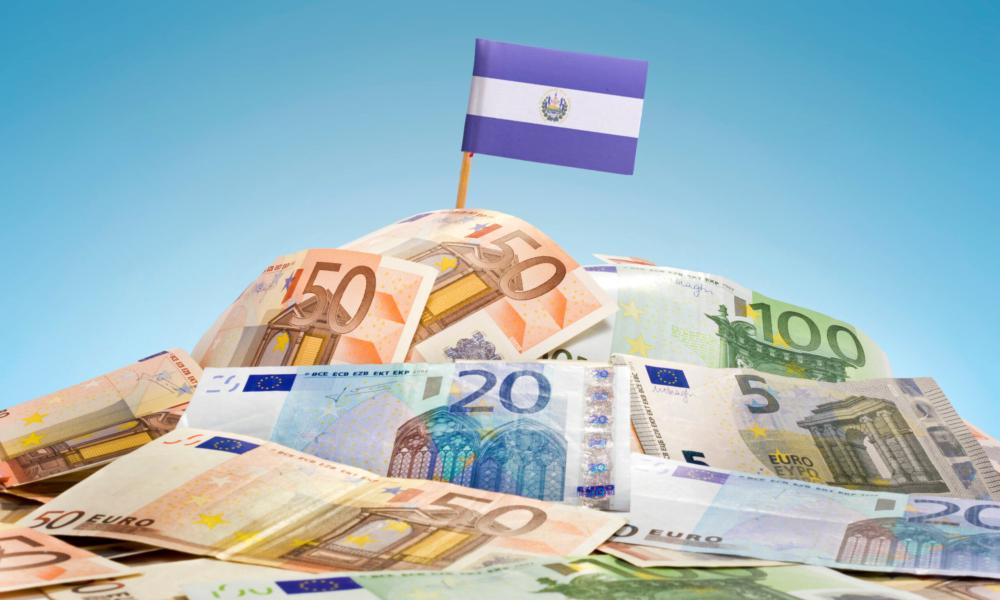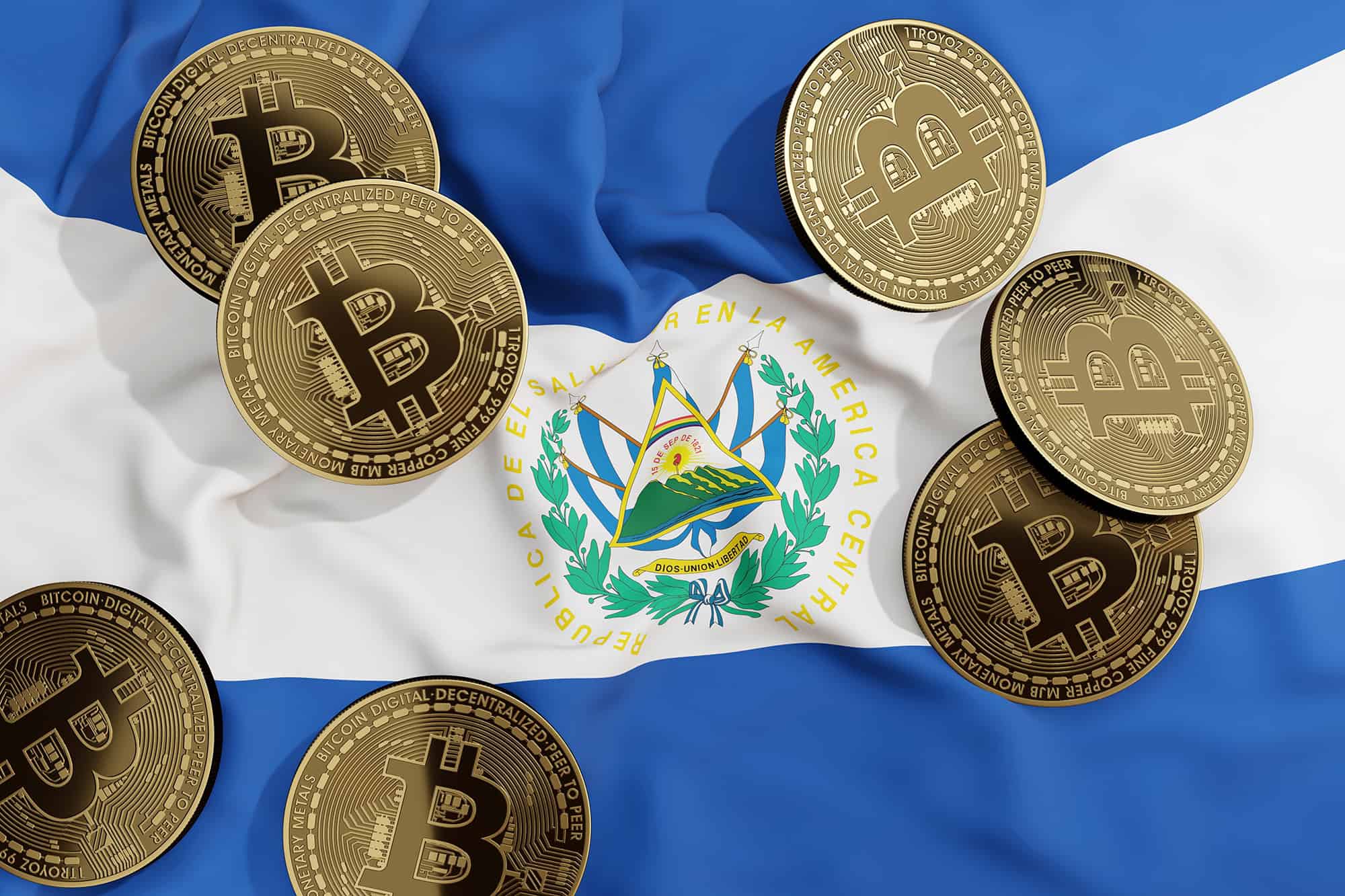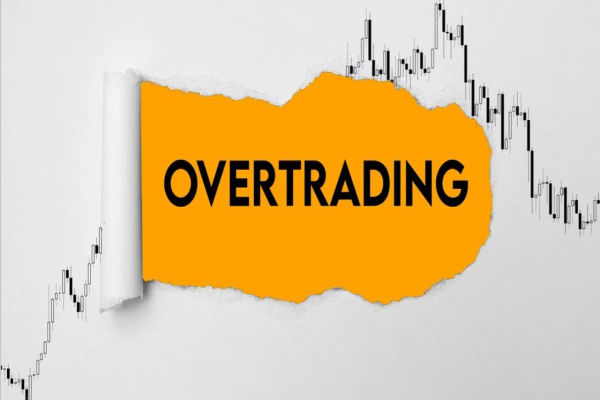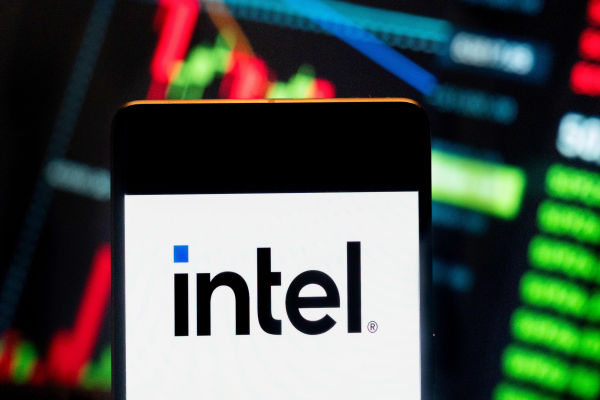If you're planning to travel to El Salvador or are simply curious about its economy, understanding what currency the country uses is essential. El Salvador has a unique monetary history, and its current currency landscape is unlike that of most other nations.
This article explains everything you need to know about the currency in El Salvador, including its history, the role of the US dollar, Bitcoin's legal status, and practical tips for visitors and investors in 2025.
The Official Currency of El Salvador: The US Dollar

Since 2001, the official currency of El Salvador has been the United States dollar (USD). This means that all prices, salaries, and financial transactions are denominated in dollars, and US coins and banknotes are used in daily life.
For American travellers, this makes visiting El Salvador especially convenient, as there is no need to exchange money before arrival.
Why Did El Salvador Adopt the US Dollar?
The switch to the US dollar came into effect on 1 January 2001, under the Law of Monetary Integration. The main goals were to stabilise the economy, attract foreign investment, and facilitate international trade.
The colón, El Salvador's previous currency, was replaced at a fixed rate of 8.75 colones per dollar. While the colón technically remains legal tender, it is no longer in circulation and is rarely used in any transaction.
A Brief History: From Colón to Dollar
El Salvador's monetary journey began with the colón, which was introduced in 1892 and named after Christopher Columbus (Cristóbal Colón in Spanish). The colón replaced the peso and was subdivided into 100 centavos. For much of its history, the colón was pegged to the US dollar, but after leaving the gold standard in 1931, its value floated until dollarisation in 2001.
The Central Reserve Bank of El Salvador was established in 1934 to manage the country's currency and monetary policy. However, the economic challenges of the late 20th century, including inflation and instability, led to the decision to adopt the US dollar as the sole official currency.
Bitcoin's Legal Status in El Salvador

In September 2021, El Salvador became the first country in the world to adopt Bitcoin as legal tender, alongside the US dollar. This move attracted global attention and was intended to promote financial inclusion and innovation. However, as of 2025, Bitcoin''s role in the Salvadoran economy has shifted.
Recent changes to the Bitcoin law mean that while Bitcoin remains legal tender, it is no longer considered an official “currency” and businesses are not obliged to accept it. Most everyday transactions, including paying for goods, services, and taxes, are still conducted in US dollars. Bitcoin is mainly used in specific sectors or by those who choose to accept it, but the dollar remains dominant.
Practical Tips for Travellers
Bring US Dollars: There's no need to exchange currency if you're coming from the United States, as US dollars are accepted everywhere.
Cash Is King: While credit and debit cards are widely accepted in urban areas and larger businesses, cash is still preferred in rural regions and for small purchases.
ATMs: US dollar withdrawals are available from ATMs throughout the country.
Bitcoin Payments: Some businesses, especially in tourist hotspots, may accept Bitcoin, but always check in advance and be prepared to pay in cash or by card.
No Colón Needed: The Salvadoran colón is no longer in circulation, so you won't encounter it during your visit.
Currency for Business and Investment
For investors or those conducting business in El Salvador, the use of the US dollar provides stability and transparency. Dollarisation has made it easier to conduct international transactions and has reduced currency risk for foreign investors.
However, it also means that El Salvador cannot control its own monetary policy or print its own money, making it dependent on US economic conditions.
Frequently Asked Questions
Is the US dollar the only currency I can use in El Salvador?
Yes, the US dollar is the primary and official currency. Bitcoin is legal tender but not widely used for everyday transactions.
Can I use Salvadoran colones?
Technically, the colón is still legal tender, but it is no longer in circulation and extremely rare to find.
Are credit cards widely accepted?
Yes, especially in cities and tourist areas. However, always carry some cash for smaller purchases or in rural locations.
Can I pay with Bitcoin?
Some businesses accept Bitcoin, but it is not required by law and is not commonly used for most transactions.
Conclusion
El Salvador's currency landscape is unique, with the US dollar serving as the official and overwhelmingly dominant currency since 2001. While Bitcoin remains legal tender, it plays only a minor role in daily life.
For travellers and investors, this means straightforward transactions, no need for currency exchange, and a stable monetary environment. Whether you're visiting for business or pleasure, knowing that the US dollar is king in El Salvador will help you plan with confidence.
Disclaimer: This material is for general information purposes only and is not intended as (and should not be considered to be) financial, investment or other advice on which reliance should be placed. No opinion given in the material constitutes a recommendation by EBC or the author that any particular investment, security, transaction or investment strategy is suitable for any specific person.








